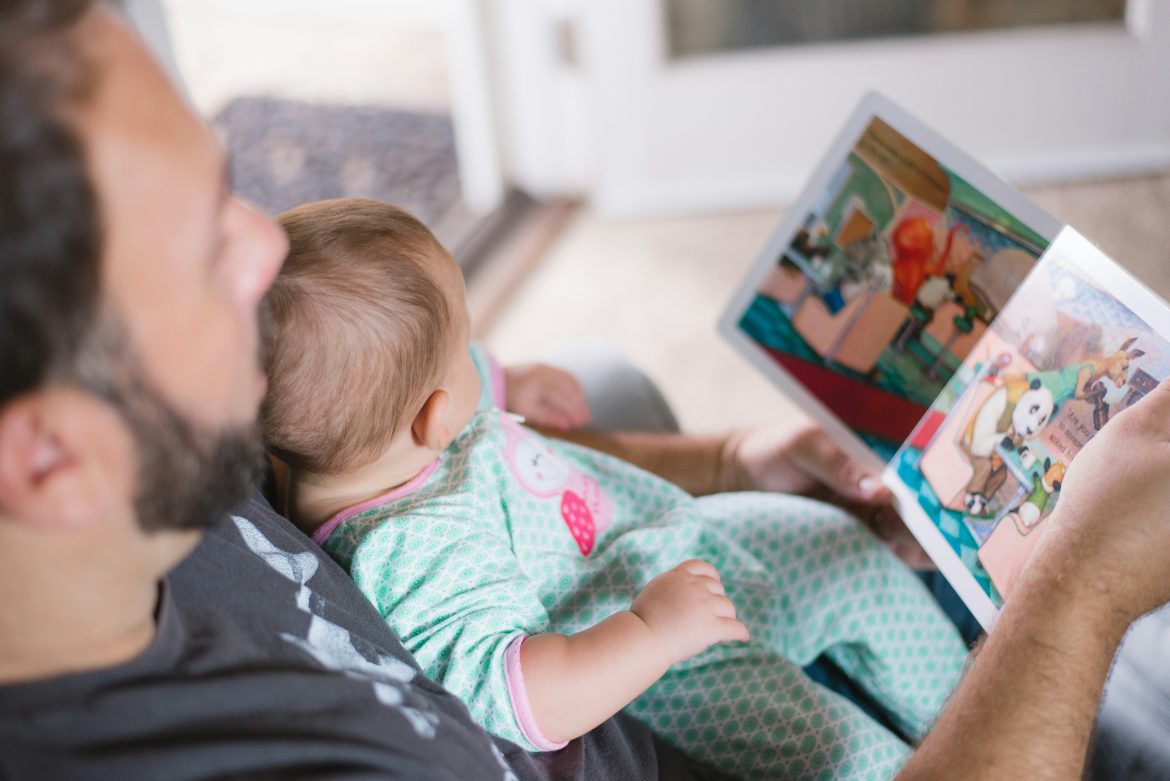Parent Mental Health Day on January 27 served as a crucial reminder of the importance of safeguarding the well-being of the guardians who play a vital role in shaping the future generation.
Approximately one in four parents experience mental health issues and a study conducted by the Office for National Statistics (ONS) found that around 20% of mothers and 10% of fathers reported experiencing depression during their child’s first twelve years.
Kingston WelCare is a local family care charity which offers parents and carers peer and mental support. Each week there are different activities aimed to help support especially young parents and families in the area.
Director of Kingston WelCare, Sue Skrobanski, said their aim is to “support parents with the challenge of parenting” and that there are two types of ways they ensure this.
“We have a general playgroup and half-term holiday activities for all families in Kingston,” Skrobanski said.
This is held at the Kingston WelCare House, with a garden and social area where kids can play and parents can seek support from other parents and volunteers, simultaneously building bonds with their children and forming friendships.
“I am a trained social worker, and the volunteers have experience speaking with parents about any familial or mental health-related issues, but at these events, we never directly ask anyone if there’s something wrong, rather we create a safe environment for parents to open up,” Skrobanski said.
Their second project, set to relaunch soon, is called Play Plus which is run by a qualified social worker, dedicated to helping mothers dealing with post-partum depression, anxious first-time parents, or any parent facing challenges with their mental health.
Skrobanski said: “We don’t label ourselves as a mental health charity as such, we consider ourselves early help – prevention – before it gets to child services. We help build resilience and confidence in parents, helping them to care for their children.”
A survey by the Mental Health Foundation showed that 29% of parents experienced high levels of stress, often linked to the demands of parenting and financial pressures.
Due to issues such as the cost-of-living crisis, house shortages, and increase in rent, parents are dealing with a lot of challenges to care for their family.
To compensate for increased costs, adults often work longer hours to earn more. As recorded by the ONS, in 2021, the percentage of adults in employment working 31 to 48 hours per week increased from 57.4% to 59.2% and over one in eight adults (12.7%) said they worked over 49 hours per week.
Kingston Council offers financial support in the form of a Household Support Fund for struggling families.
Being part of the Kingston WelCare community means parents have access to knowledgeable staff that can direct parents to the necessary information and help from the council.
Kingston WelCare also collaborates with other charities, such as Mind and Time To Talk which work with families to aid in emotional support and talk through any parental pressure they are experiencing.
They also offer support for refugee families they are planning to hold future cooking sessions for refugee families, which Skrobanski said in the past they found “helps people relax and is an enjoyable experience that supports people’s mental and nutritional health, especially after the hardships they have experienced.”
Trauma and high levels of stress can increase the risk of child maltreatment. Acknowledging and addressing parents’ mental health is essential for creating a supportive environment that fosters healthier family relationships and, in turn, positively influences children’s emotional well-being.
The WelCare charity has been functioning for over 30 years offering practical and emotional guidance for parents. Their sessions are open to everyone, and they are eager for more people to volunteer so they can achieve more as a charity.
Skrobanski said the charity often sees those who came in as children come back years later as parents, also finding comfort and seeking guidance in the place that supported their family growing up.






